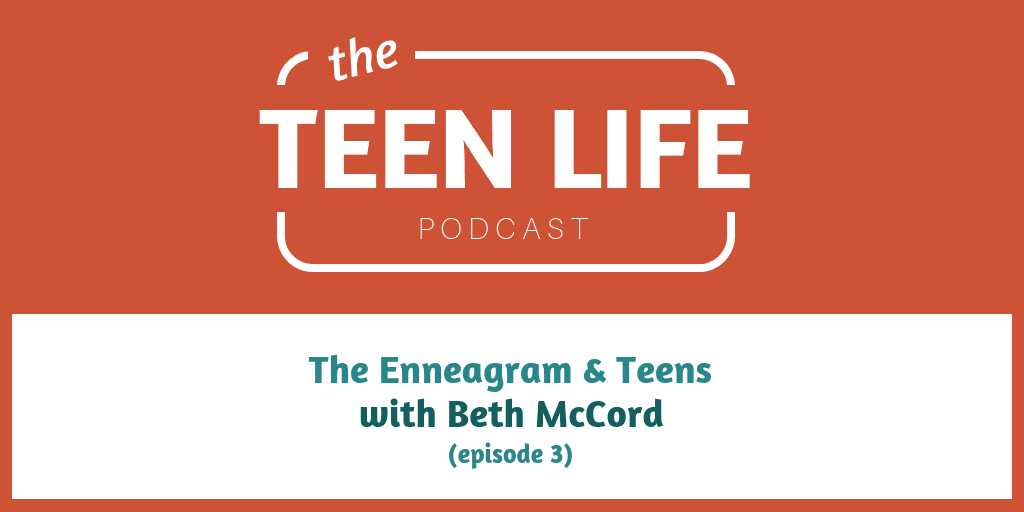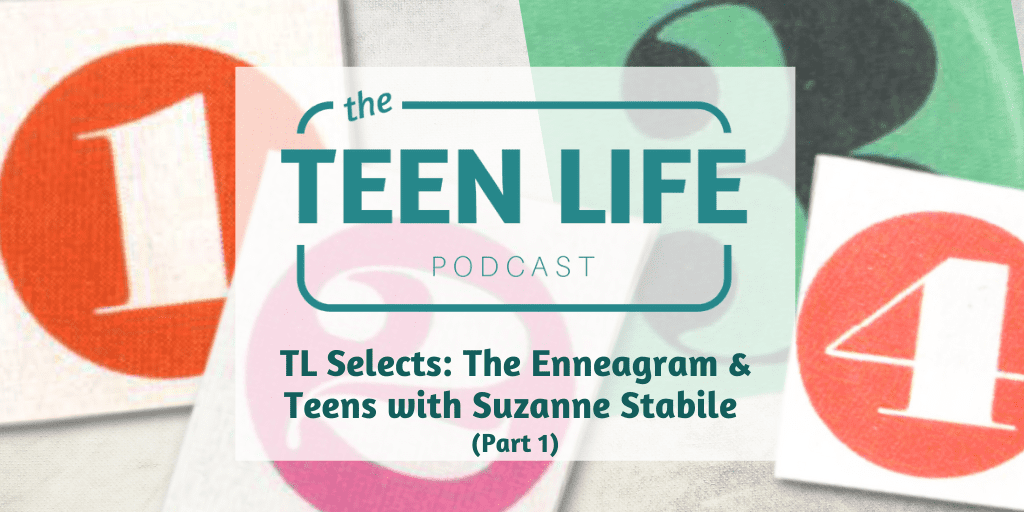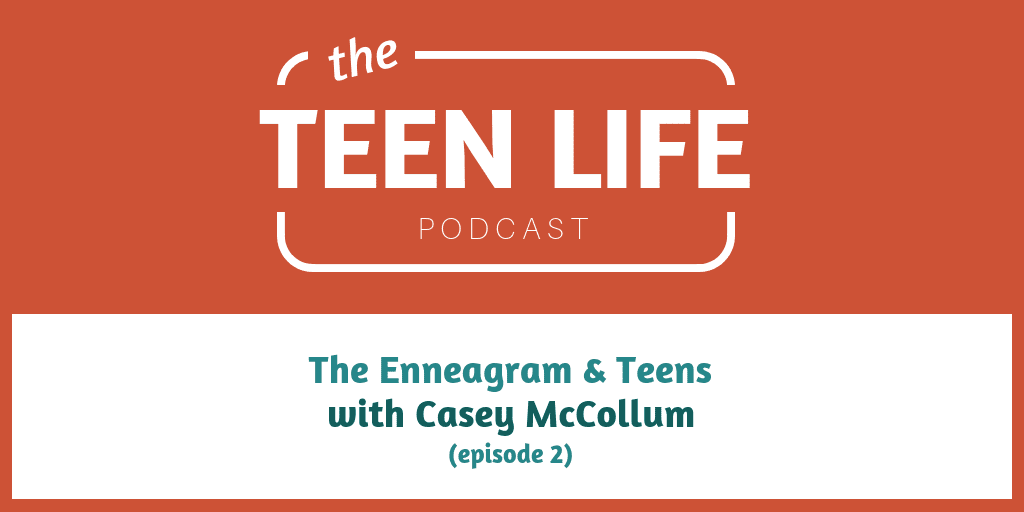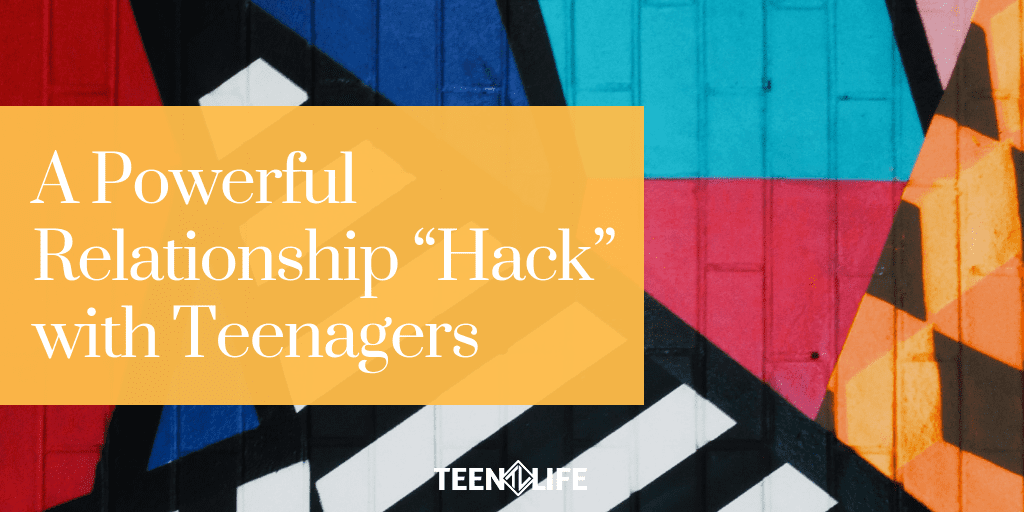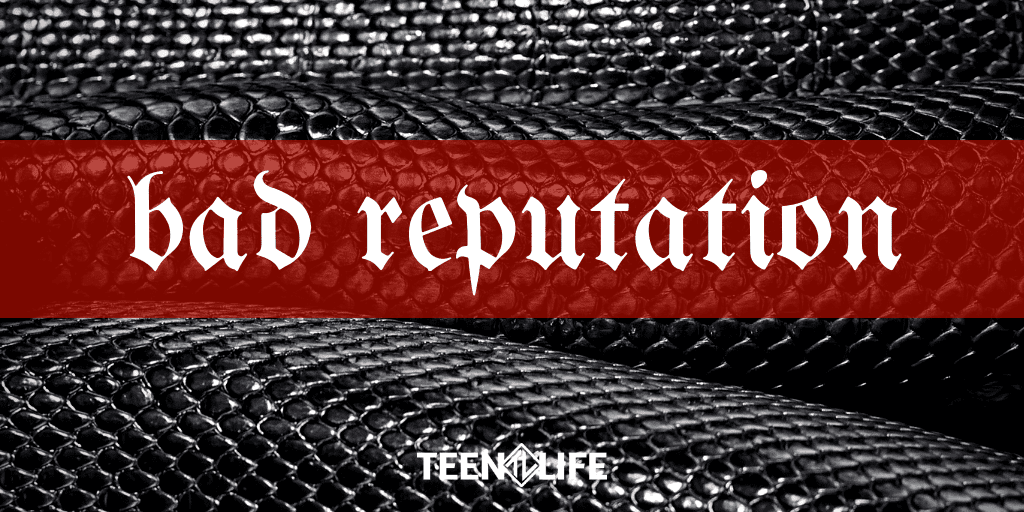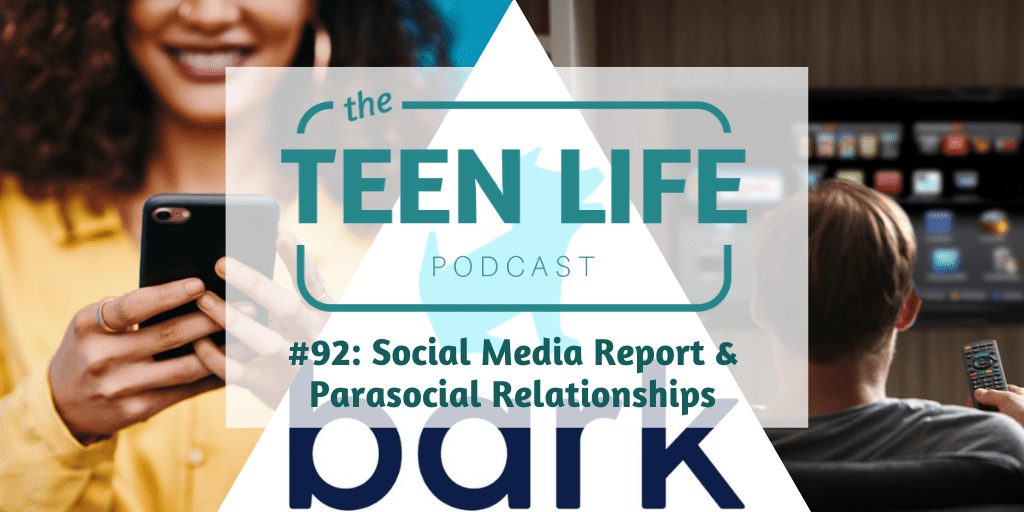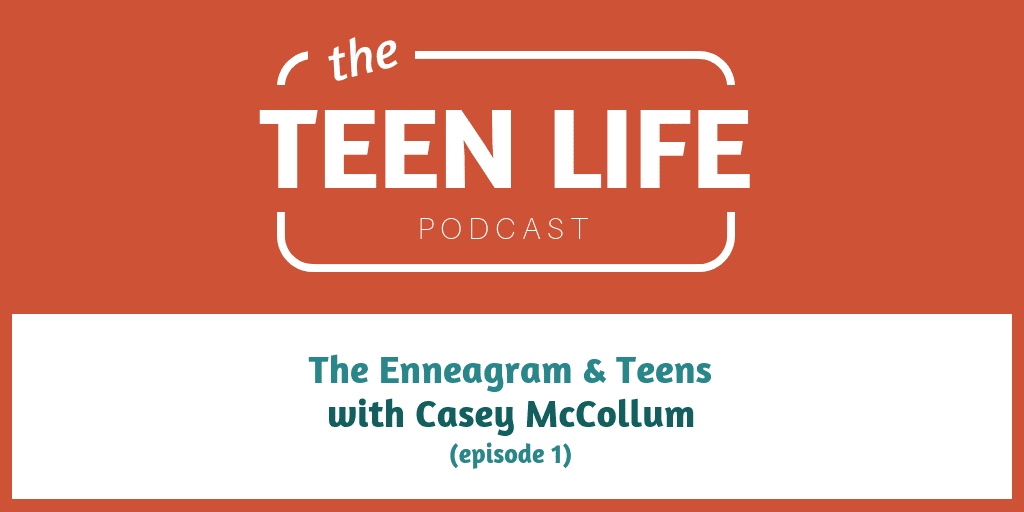
The Enneagram & Teens with Casey McCollum (part 1)
Podcast: Play in new window | Download
Enneagram for teens and parents
The Enneagram is a powerful tool that has gained popularity recently. Maybe you have heard of it? Maybe you have already taken a test or read a book to discover your type? Maybe you have no idea what we are talking about. Whatever level of knowledge you have about the Enneagram, you are in good company.
Join this conversation with Casey McCollum as we begin to introduce the Enneagram and how you can use it for personal, relational, and spiritual transformation.
In part 1 of our interview with Casey McCollum, we will introduce the Enneagram with a brief overview and history. Casey will also cover how the Enneagram is different from other personality tests you may be familiar with and advise on some best practices for discovering your Enneagram type.
We believe that you will be better equipped to help teenagers when you are your best self.
Listen to this episode for an introduction to the Enneagram and how this tool can help you help teens!
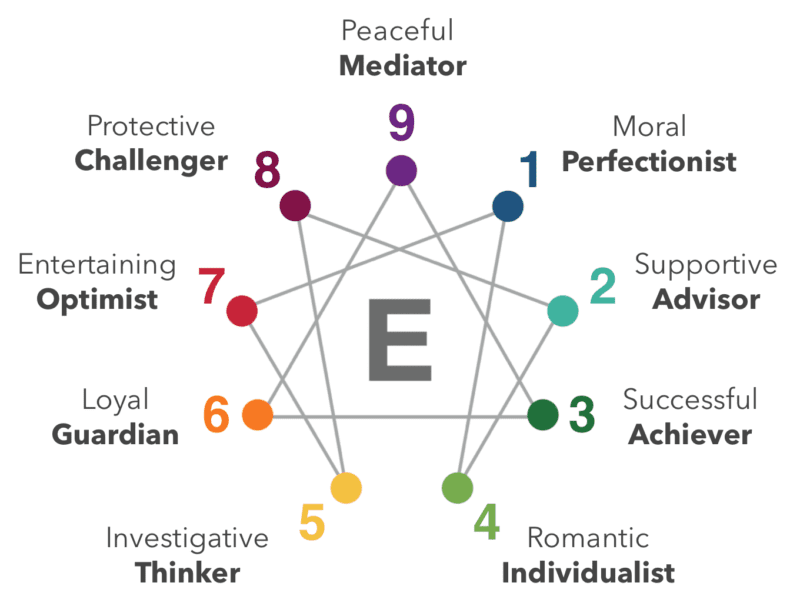
Resources to learn more about the Enneagram for teens and parents
- Casey’s Website: caseymccollum.com
- Books:
- The Road Back to You by Ian Cron and Suzanne Stabile
- The Path Between Us by Suzanne Stabile
- The Wisdom of The Enneagram by Riso and Hudson
- The Complete Enneagram by Beatrice Chestnut
- Self to Lose, Self to Find by Marilyn Vancil
- Website: teenlifepodcast.com
- Music: Under the Chandeliers
Have a question?

Karlie Duke
Communications Director

Chris Robey
Former CEO

Casey McCollum
Special Guest
Karlie Duke | Director of Communications
Karlie has always had a heart for teenagers. Through her role at Teen Life, she loves to showcase the amazing stories coming out of Support Groups, but she is especially passionate about helping adults and teenagers find connection. Karlie has a BS in Communications with a minor in Family Studies from Abilene Christian University.
Chris Robey | Former CEO
Chris has spent most of his career empowering teenagers from all backgrounds. As the former leader of Teen Life, he is passionate about helping students make good choices while also giving adults the tools they need to communicate more effectively with teens. Chris is a graduate of Midwestern State University and holds a Master’s Degree in Family Life Education from Lubbock Christian University.
Casey McCollum | Special Guest
Casey was first introduced to the Enneagram in 2006 and has trained with Master Enneagram Teacher Suzanne Stabile as well as with The Narrative Enneagram. He leads workshops for churches, businesses, nonprofits, schools, and universities. Casey received a Master of Divinity from Abilene Christian University and has fifteen years of experience as a youth and college minister. His engaging teaching style uses real life examples from his own experience, marriage, and parenting, and his love and passion for teaching the Enneagram are evident in his workshops and coaching. He is married to Kasey (yep!) who is a hospital chaplain. They have two kids, Clare (2009) and Micah (2012) and live in Denton, TX.









